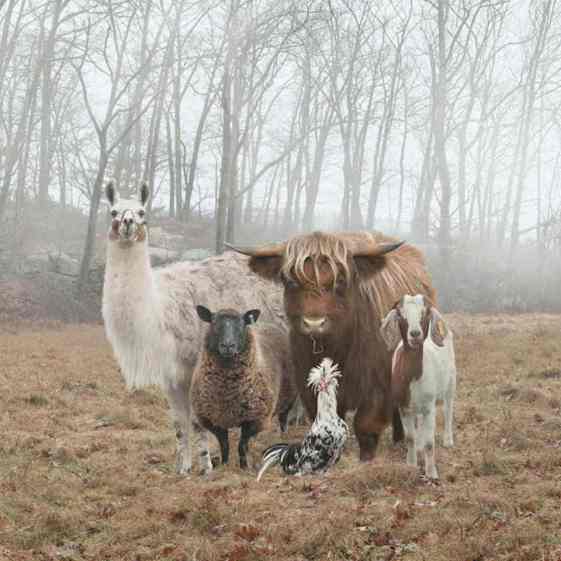By: Sarah Rayner Hancock
I took interest in becoming vegetarian around age 17 when I began to recognize the suffering of God’s creatures here on earth. I was vegetarian for some time, then I fell back into eating meat for several years, though I had lost my appetite for beef. That tends to happen when you cut meat from your meals. Eventually, I became pescatarian with efforts to ditch dairy from my diet. The traditional Christmas and Thanksgiving family dinners were events I didn’t want to make difficult for others who were cooking, so I often just ate foods even if they contained dairy. As I became far more educated on the practices in the factory farming industry and its devastating effects on our health, planet and its animals, I chose a plant-based diet.
It was not always easy during these years of transition. I was raised a meat eater and had to learn how to cook again and appreciate new flavors and tastes. I was accustomed to and craved cheese, for example, not realizing how dependent I had become on it for nearly every lunch and dinner meal. I learned that cheese contains casomorphins, a morphine-like compound derived from the protein casein, which is found in a mother cow’s milk at far higher levels than is found in human breast milk. This is the very reason I craved more cheese on top of my cheese, haha! Milk is designed to keep babies, both human and non-human, coming back to their mothers for what is God’s intended purpose, which is to provide the very best formulae for them in their infant stage. With this knowledge, I felt more empowered than ever to ditch dairy.
Eventually, my love for the welfare of animals set so deep in my heart that compassion was of more worth to me than the taste of meat. I figured that if Eden was plant-based, I have no doubt that Zion will be too, and are we not to become a Zion people? Even Isaiah (11:6) saw that the wolf and lamb will lie together and a child shall lead them.
Somewhere along my journey, I don’t recall exactly when, I became aware that the Word of Wisdom seemed to imply a plant-based diet. Or did it? Why was I somewhat confused? Was it tradition that caused me to question? I believe so. Upon further study, there is no denying. The Word of Wisdom is plain and clear that animals are to be used, “sparingly” and “ONLY in times of winter, cold and famine.” However, why during cold and winter times and not summer? What did that mean exactly? “…And it is pleasing unto me that they should not be used” (D&C 89:13). WOW! Now as an animal advocate, no more beautiful a word can be said than when your God himself says such a thing as this!

 This article is part of an occasional series on
This article is part of an occasional series on 






